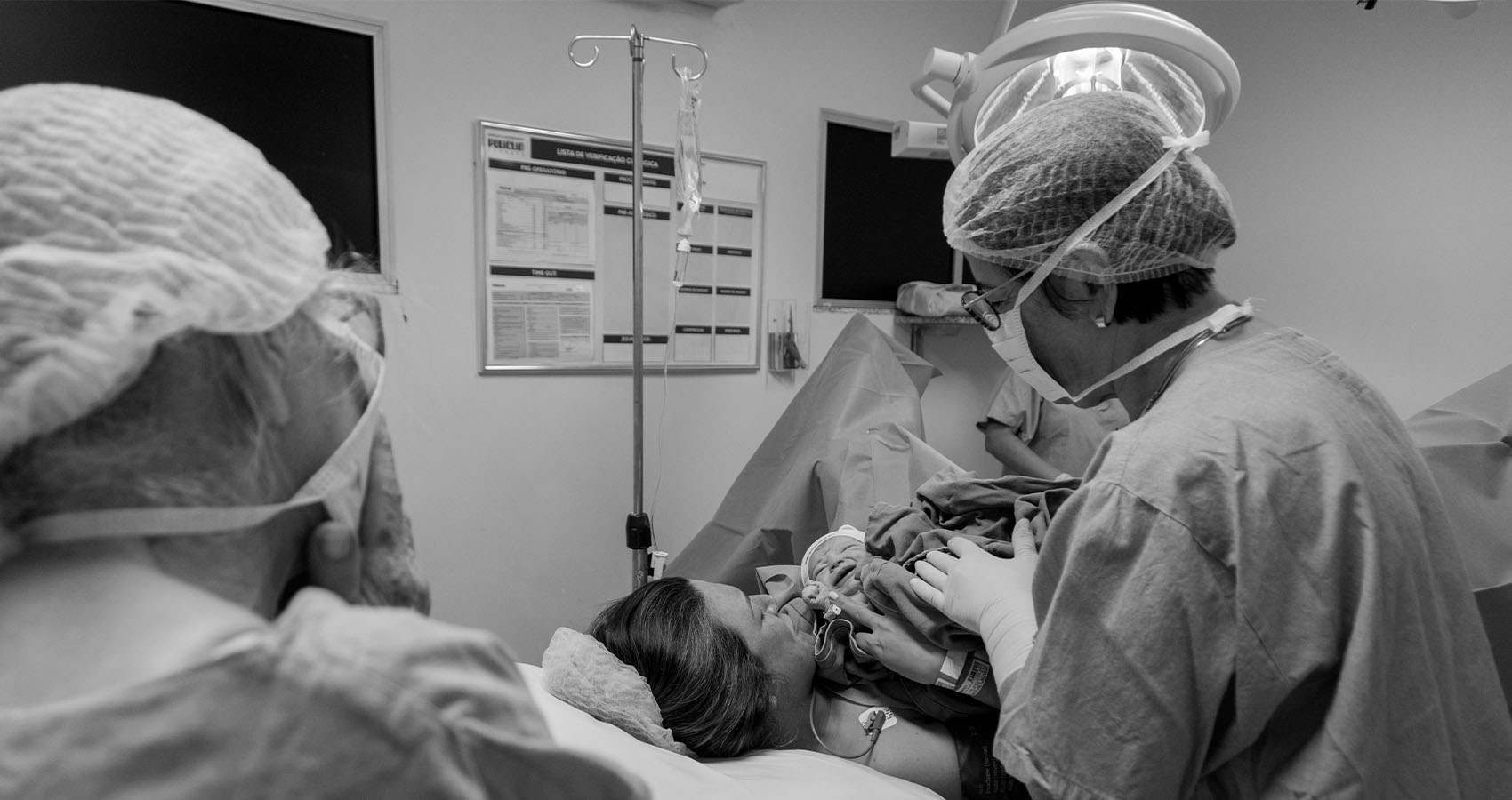
Can You Get PTSD From a Difficult Birth?
This is especially true if the baby is injured during the birth.
Mothers who experience difficult births can develop post-traumatic stress disorder (PTSD), which doctors sometimes confuse with postpartum depression. This is especially true if the baby is injured during the birth.
What Is PTSD?
PTSD, according to the American Psychiatric Association (APA), "is a psychiatric disorder that may occur in people who have experienced or witnessed a traumatic event." Common examples include natural disasters, serious injuries (such as those sustained during military service), sexual assaults, and motor vehicle accidents.
Until relatively recently, doctors didn't really know much about PTSD; they saw it mostly in combat veterans and referred to it as "shell shock" or "combat fatigue." Today doctors know that PTSD is not exclusively related to combat. It affects about 3.5% of American adults every year, and the odds of a person developing PTSD in their lifetime are roughly one in 11 (9%).
Who Is at Risk?
Anybody, at any age, can develop PTSD, but there are groups whose risk is higher than the rest of the general population. Women are twice as likely as men to develop PTSD, and African Americans, U.S. Latinos, and Native Americans are also disproportionately affected.
Psychological Symptoms of PTSD
Depending on the person, the psychological symptoms of PTSD will vary in frequency and severity and may change over time. Psychological PTSD symptoms fall into four main categories:
- Intrusion: People with PTSD often have intense, involuntary memories, dreams and flashbacks of the traumatic event that are extremely vivid.
- Avoidance: Many people with PTSD will avoid things that remind them of the traumatic experiences they've endured. This may include avoiding places, people, objects, activities, and conversations.
- Changes in mood and cognition: PTSD can cause a number of changes in the way people think about themselves or life in general. It's not unusual for those with PTSD to feel an overall void of happiness or satisfaction, have a negative self image, or lose interest in things they used to enjoy.
- Changes in reactivity: People with PTSD often exhibit mood swings or angry outbursts; they may also be easily startled by things such as loud noises or unexpected physical contact with others. Difficulty sleeping or concentrating are also common symptoms of PTSD.
Physical Symptoms of PTSD
Many people who suffer from PTSD have severe anxiety, the symptoms of which can manifest physically. They include:
- Hyperventilation and shallow breathing
- Feelings of impending doom
- Chest pain
- Feeling dizzy or lightheaded
- Sweating
- Trembling
- Fatigue
Postpartum PTSD

Doctors are starting to understand the difference between postpartum depression and postpartum PTSD, which has helped improve the quality of treatment for both conditions. A well-known case of postpartum PTSD appeared in The Atlantic in 2015. It involved a 28-year-old Nebraska woman named Sarah whose child was born with underdeveloped lungs and had to be moved to the neonatal intensive care unit (NICU).
After the birth, Sarah experienced mood swings and intense anxiety, which is not particularly surprising. A baby has his entire life ahead of him, so the costs of birth injuries over the years are astronomical. This is a prospect that could give any new parent cause to worry. In the months following her daughter's birth, Sarah began experiencing severe flashbacks and anxiety, for which she is still being treated.
There are many other women like Sarah who are suffering from PTSD, and the true number may never be known. Unfortunately, the medical community is still unsure just how common postpartum PTSD actually is. Luckily, this is being researched, and the information should be useful for diagnosing and treating this condition in the future.












